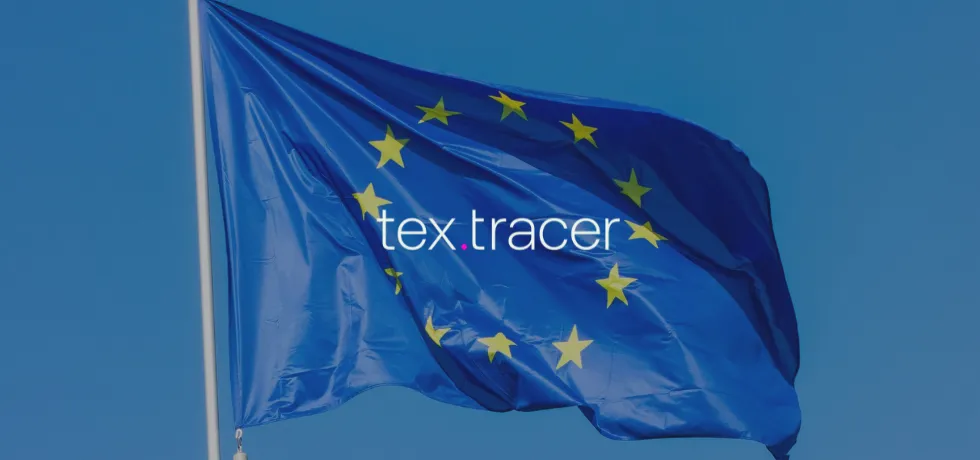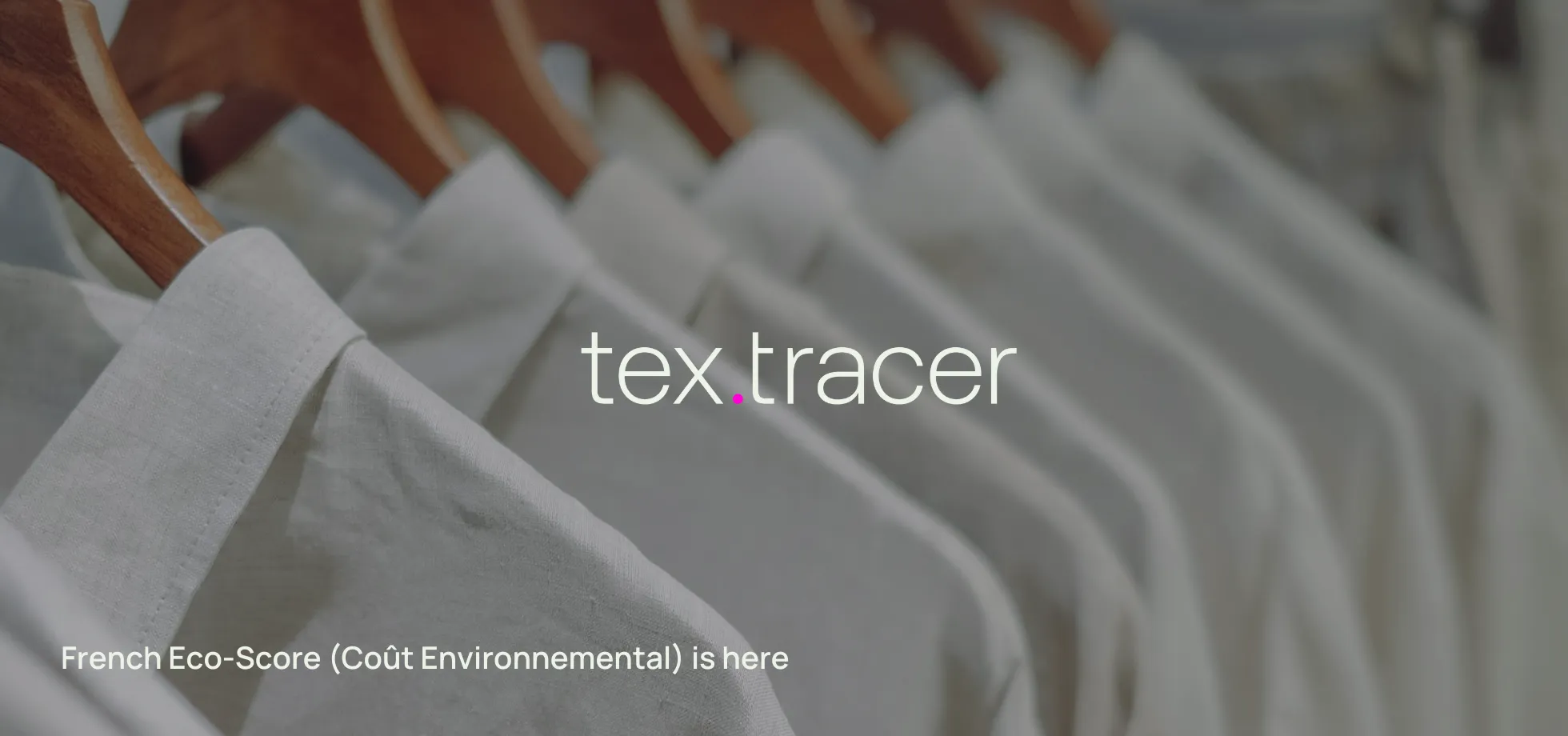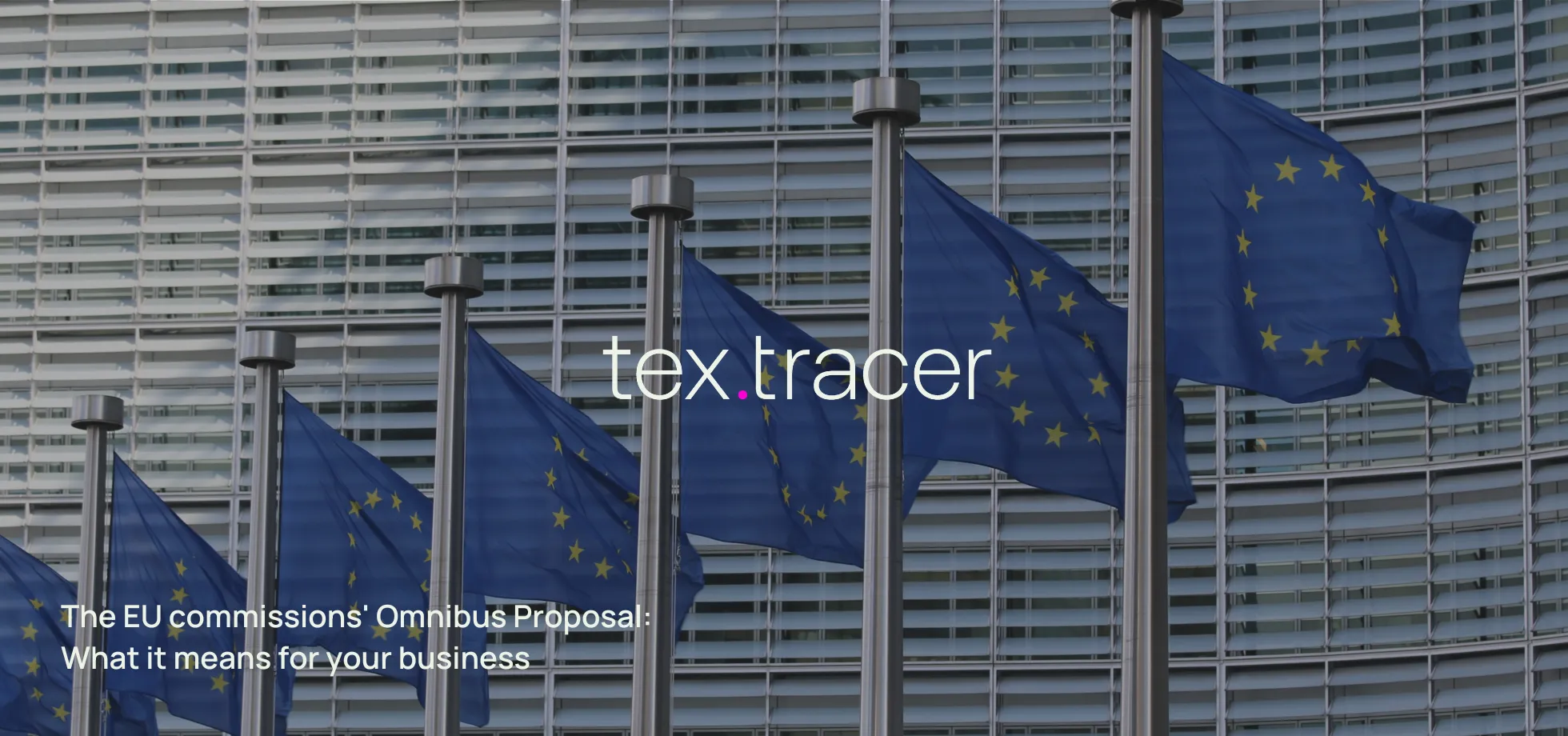Get ready to be compliant, look into these five upcoming fashion laws and regulations.
Find out the why, when and what of these five upcoming laws and regulations in chronological order.
2023: Extender Producer Responsibility (EPR) - UPV in Dutch
The EPR makes manufacturers of clothing responsible for all phases of the products they bring to the market. This includes the collecting, recycling and reusing of those products as well as the waste phase. Manufacturers will also be responsible for the costs of the logistics of the system. Furthermore, every all manufacturing companies must set up a separate textile collection system by 01.01.2025 at the latest.
2024: Corporate Sustainability Reporting Directive (CSRD) - EU Richtlijn Duurzaamheidsrapportering in Dutch
If the CSRD applies to you, you will be required to disclose non-financial information on environmental, social, and governance (ESG) matters in your annual management reports or in a separate sustainability report.
This directive applies to you if you are:
- A large company either based in the EU, or with an annual turnover of more than €150 million in the EU.
- A large company (listed or unlisted) and meet at least two of the following three conditions:
- You have a €40 million in net turnover
- You have €20 million in assets
- You have 250 or more employees
- A large public interest entities (such as a stock market listed
company, bank, or an insurance company) with more than 500
employees.
If you are an international non-EU companies with more than €150 million annual revenue within the EU, and you have at least one subsidiary or branch in the EU exceeding certain thresholds you will need to begin reporting in 2029 on the financial year of 2028.
2024: Green Claim Directive (GCD) - Richtlijn Groene Claims in Dutch
This directive is in the proposal stage since the 22nd of March 2023 and should be enforced within the next 24 months. The Green Claim Directive would support 2022 EU proposals to amend consumer protection laws. Those proposals aim to address unfair practices that deceive consumers and discourage them from making sustainable choices. Additionally, they focus on the sustainable product initiative and the Directive empowering consumers towards a green transition. If
you are a micro-enterprise (you have fewer than 10 employees and an annual turnover that does not exceed €2 million) you are exempted from this directive.
2024: Human Rights and Environmental Due Diligence law (HREDD) - Wet zorgplicht kinderarbeid en mensenrechtenschendingen in de keten in Dutch
Companies to which this law applies to, will need to compose a due diligence policy in consultation with their stakeholders, experts, and business relationships. If you are a Dutch company operating within and outside the Netherlands, or a non-Dutch company operating within the Netherlands and meet at least two of the following criteria, this law applies to you.
- You have a balance sheet of €20 million or more
- You have a net turnover of €40 million or more
- You employ over 250 people.
The due diligence policy has to include:
- A statement with your commitment to respect human rights, protect the environment and to conduct due diligence in accordance with a set of recommendations provided by the Organization for Economic Cooperation and Development (OECD) to multinational enterprises operating in different countries.
- A code of conduct that describes the obligations and principles of due diligence that your employees will need to comply with. The identified risks of negative impacts in your company’s activities and business relationships.
- A due diligence plan containing a specific description of how you will comply with the requirements of this law in your own activities as well as in relationships with other businesses.
- A description of the activities your company will stop executing.
2024: Directive on Corporate Sustainability Due Diligence (CSDD) - Richtlijn inzake bedrijfsduurzaamheid zorgvuldigheid in Dutch
This proposal promotes sustainable and responsible behavior in global value chains. Key components of this proposal include identifying, ending, preventing, mitigating, and accounting for negative human rights and environmental impacts within the operations, subsidiaries, and value chains of a company. It is expected that this proposal will be adopted after 2024. Once it has been adopted, countries part of the EU will have two more years to incorporate this into their national laws and inform their national commission.




